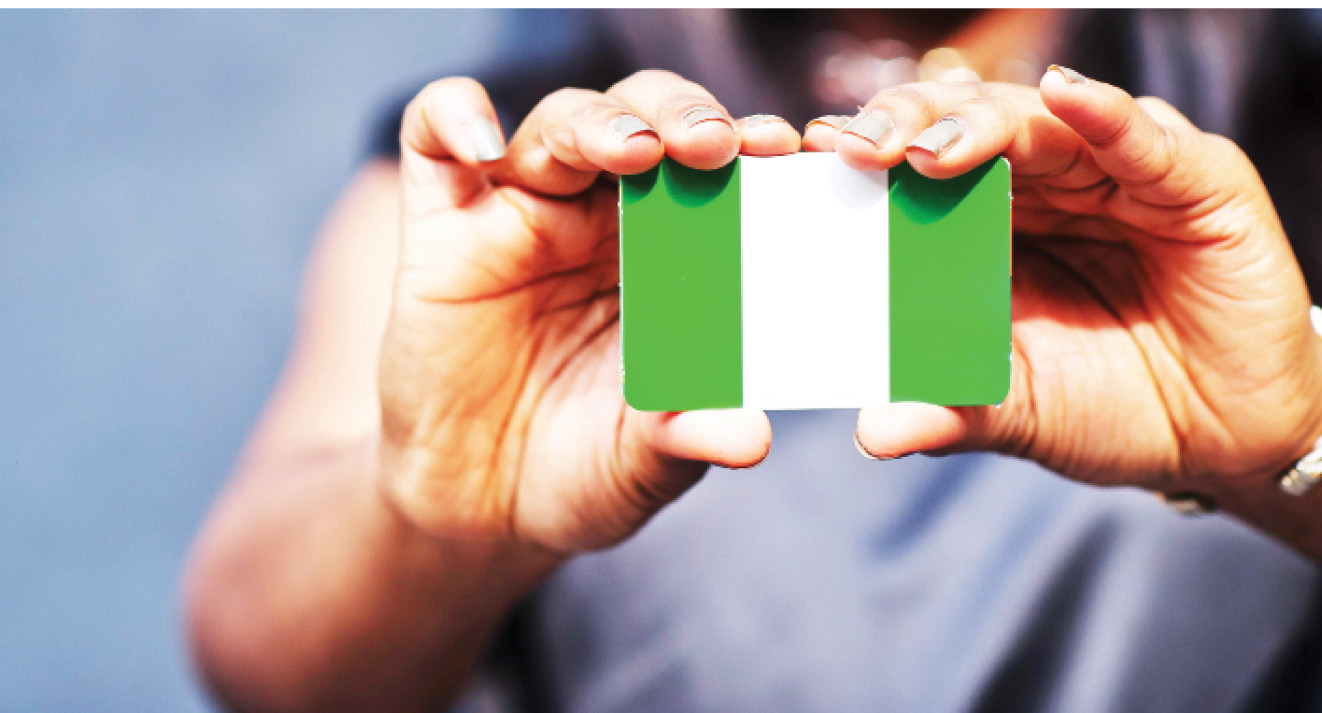Column No.6: Welcome to the hardest part of a Nigerian’s year
In most parts of the world, once the year is winding up and is about to end, people are in a festive mood, and for a number of positive reasons, including the Christmas and New Year’s celebrations. There are sales in all major and small stores with huge chunks off the usual prices so people […]

In most parts of the world, once the year is winding up and is about to end, people are in a festive mood, and for a number of positive reasons, including the Christmas and New Year’s celebrations. There are sales in all major and small stores with huge chunks off the usual prices so people can buy as much as they can, all in the spirit of ‘holiday cheer’. There is an atmosphere of happiness and general positivity that has been monetized into an actual industry. It is, actually a win-win situation for all concerned. However, in Nigeria, the story is different.
The first sign of our own ‘holiday period’ is actually natural. Harmattan usually shows up full of drama, heralded by cold, dusty winds that themselves herald widespread illnesses, usually a harsh form of flu that holds down a good chunk of the population. A very good bad example is the currently-raging ‘mystery flu’ in the capital city of Abuja. While the logical thing to think is that COVID-19 is surging, we tend to forget that seasonal flus were a pre-pandemic mainstay. I’m no doctor, so maybe the scientists and medical practitioners will be the ones with the final say on that.
Like I was saying, things that ensure a scarcity of holiday cheer abound, one of the more infamous ones being a scarcity of fuel. Whether caused by the horribly-timed news of a possible hike in prices, or just plain devious marketers, it has begun to rear its ugly head in bits and pieces. Some, however, will attribute that to panic-buying by travelers rushing to spend Christmas and/or the New Year in their hometowns or villages.
That brings us to yet another major end-of-the-year buzz-kill: a sharp rise in prices of food, beverages, and other essential commodities. A friend of mine, who runs a catering business which tends to enjoy the most patronage at the end of the year, took to social media and summed up 2021’s prices, in comparison to 2020’s. Let’s just say it was depressing. Even without the current economic downturn we’re experiencing, a form of price hike would still have been observed, and suffered quietly.
More woes come up, also, in the form of inadequate vehicles to cushion the effect of a spike in travels. This almost always results in a number of horrific, headline-grabbing auto crashes (which the FRSC would’ve screamed themselves hoarse preaching against from the very first day of the very first ‘ember’ month). As if that is not a big enough problem, an almost guaranteed uptick in the activities of criminals – now including terrorists and ‘bandits’ on our highways – ensures that the festive period is anything but.
Wherever Nigerians find themselves at this time of the year, they soldier on. One would think after receiving punishment after punishment from a variety of sources, even exhaustion would set in and result in a kind of numbness. But no, the indomitable Nigerian spirit would see loud music and merry-making typify the holidays, with what appears to be a mantra that seems to grin ‘I must celebrate at all cost!’ And boy, what a cost it is.
The high cost of the celebration for those who do is even more startling to consider, when you factor in the fact that most salaries aren’t paid before the 25th of December, or even until well into the coming year. How workers improvise or ‘manage’ is best left to imagination, and which they do in the midst of depressing news. Do not forget that this is the time of the year which violent criminals seem to always be wilding and at their killjoy worst, and law enforcement personnel seem to be the least potent or helpful.
Other points of suffering include the ever-present culprit: the news. From showbiz to political, business to national, the news is almost always depressing towards the end of the year, and a review tends to come across as a review of Armageddon. For example, I managed to work myself into a happy mood one way or the other, but once I read that President Muhammadu Buhari has declared that Nigeria needs N348.1 trillion for his development plan, I curled up into a ball. That, however, is a column topic for another day.
After suffering – and smiling, as we are wont to do as a people – those who travelled for the holiday period scrape a way to return home, weighed down by empty pockets and sometimes even bills hanging spectre-like over their heads. What is supposed to rank among the happiest parts of a year, are for many the hardest, having to return home to an economy that presently has fangs, complete with dripping venom, and to the usual routine of being Nigerian, something which we all know by now is an extreme sport.
